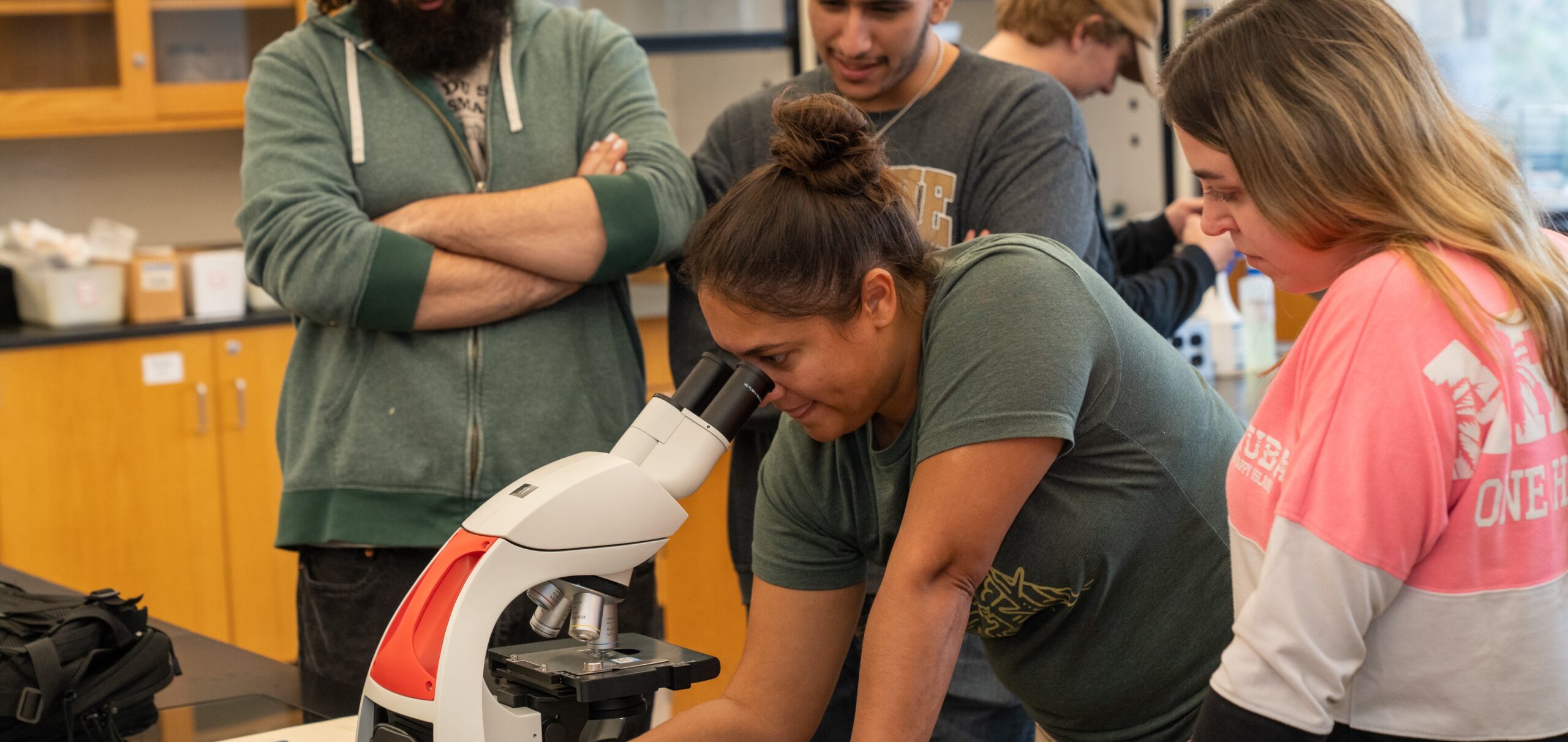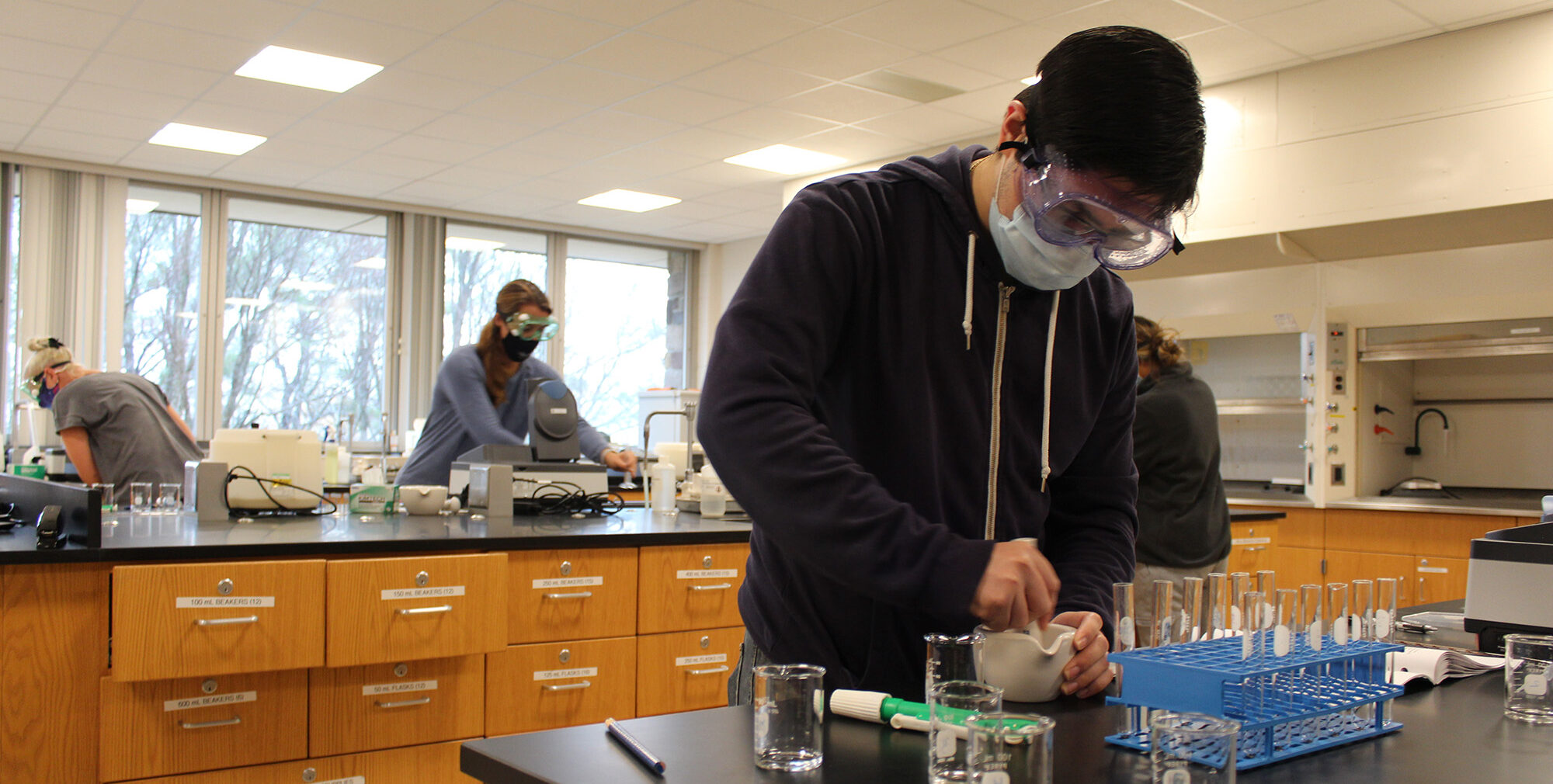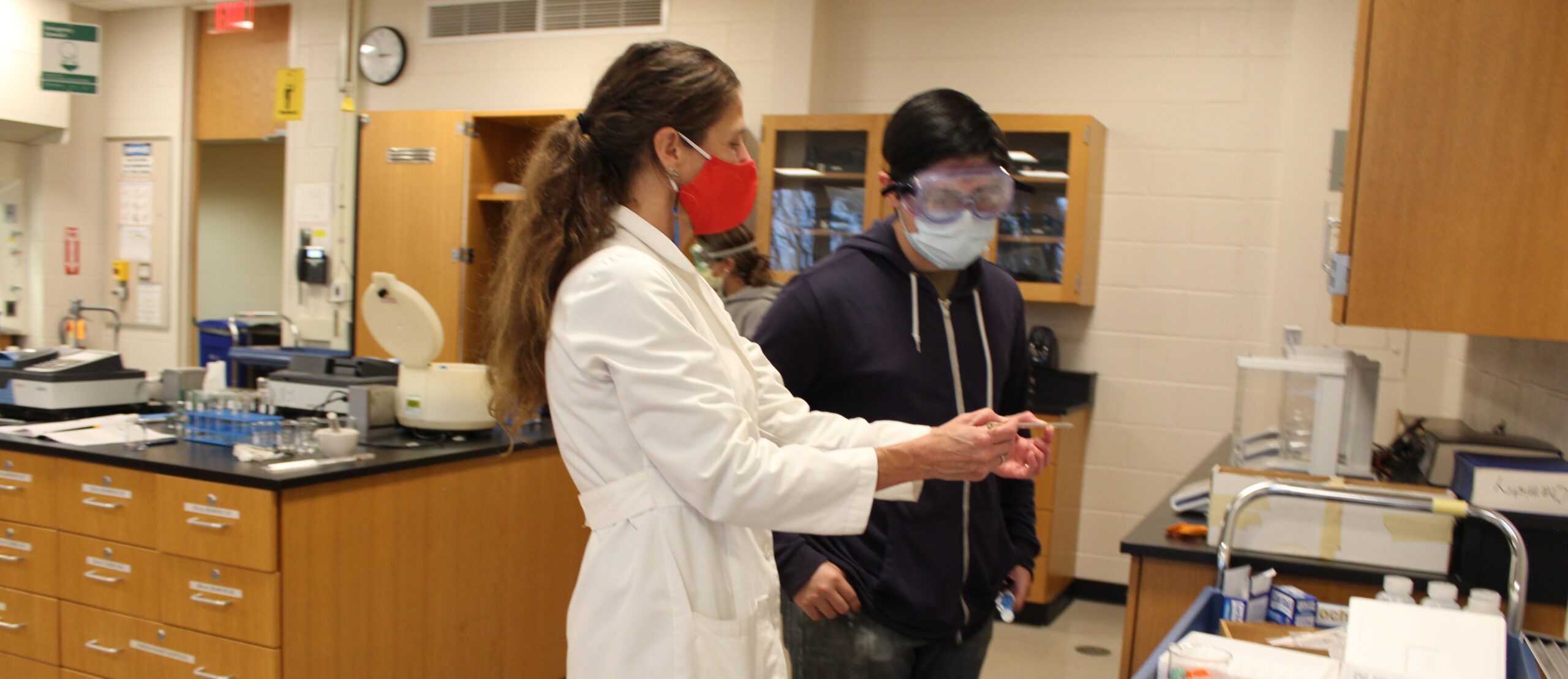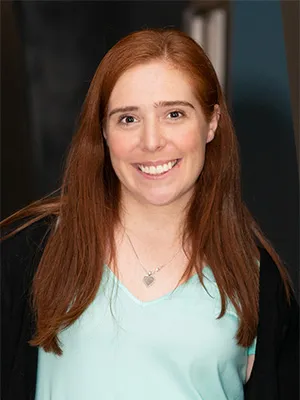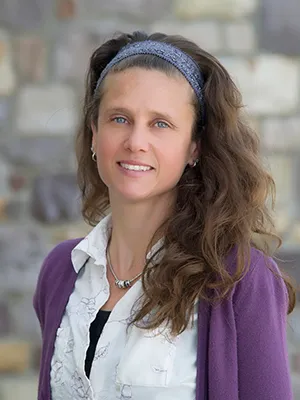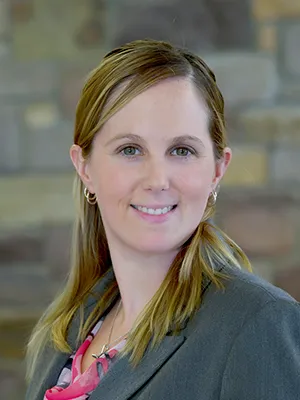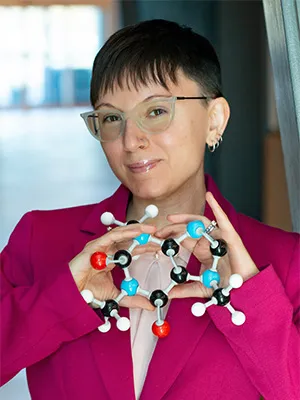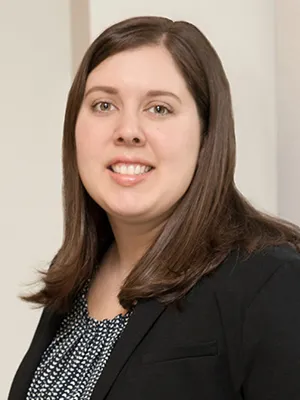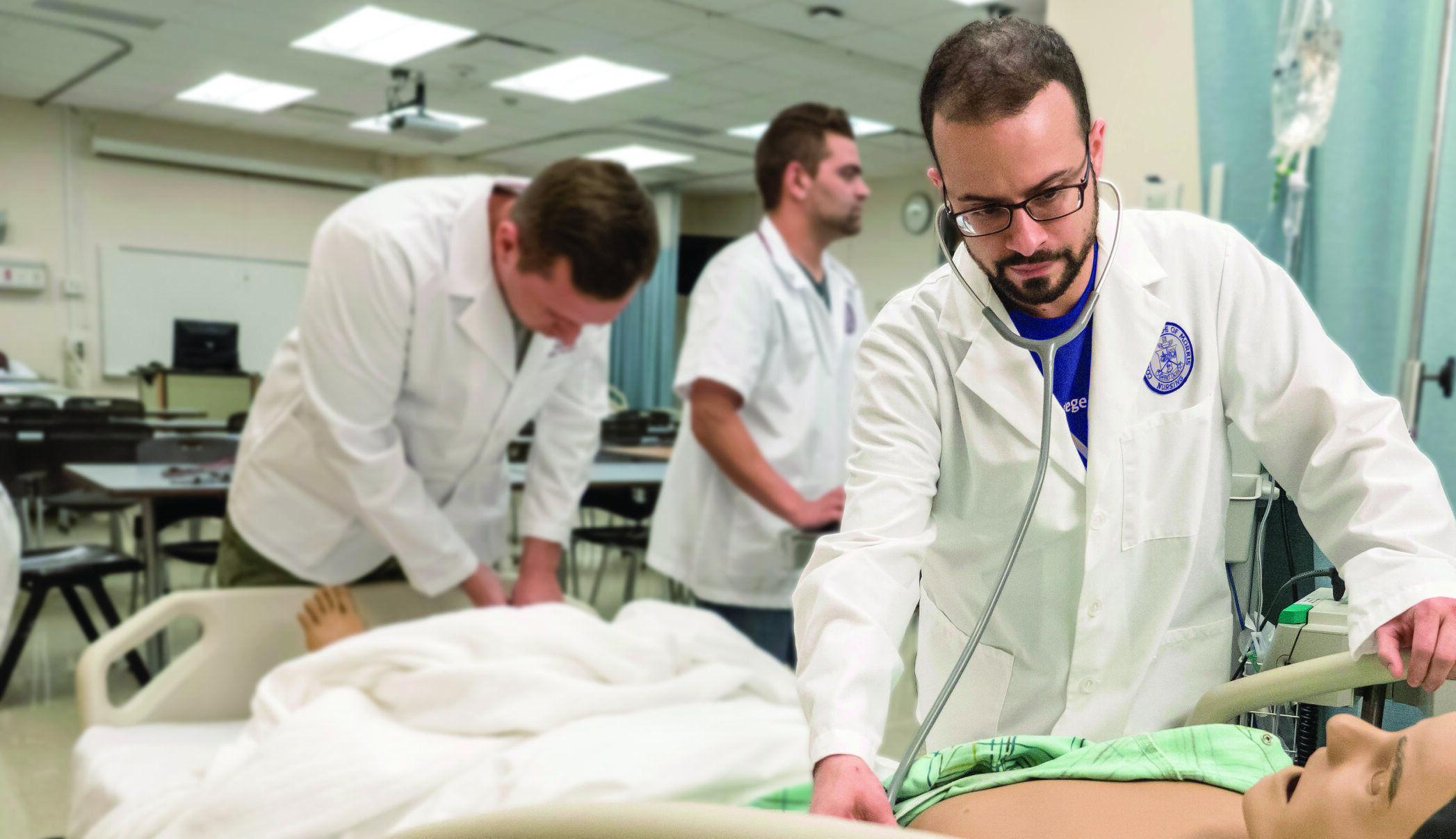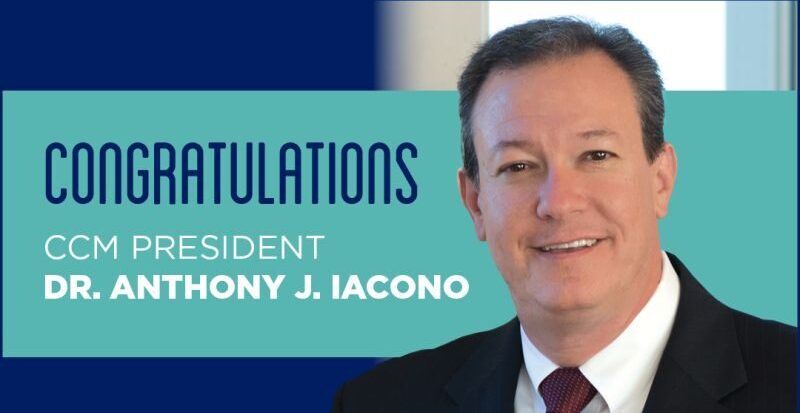About Our Department
From basic needs like food, clothing, and shelter to the preservation of our environment through clean air, water, and soil, chemistry underpins every aspect of our existence. Furthermore, chemical technologies continually innovate, enhancing our quality of life with solutions to challenges in engineering, healthcare and pharmaceuticals, government and more.
You’ve come to the right place whether you are:
- Beginning a career in the sciences
- Planning to transition into the sciences from your current career
- Completing general education courses to complete a degree in a different field
Let us help you achieve your goals!
We can help by providing you with:
- Enthusiastic and dedicated faculty members who have the knowledge and experience to guide you
- A wide range of courses to help you achieve your goals
- State-of-the-art laboratories and equipment
- The marketable skills you need to launch an exciting career in the sciences
- A solid foundation of knowledge, as well as critical thinking and problem-solving skills
Resources
Faculty Members
Associate Professor
Associate Professor
Assistant Professor
Assistant Professor
Assistant Professor, Chemistry
Associate Professor, Biology
Associate Professor, Assistant Chairperson
Dean, School of Health Professions and Natural Sciences, Professor
Associate Professor
Associate Professor, Biology
Associate Professor, Chemistry
Instructor
Associate Professor, Biology, Chairperson
Assistant Professor, Biology
Professor
